Key Takeaways
- Moderation is Key: Asparagus is safe for guinea pigs to eat, but it should be given in moderation due to its calcium content.
- Nutritional Benefits: Asparagus provides essential nutrients like fiber and vitamins that can benefit your guinea pig's health.
- Potential Risks: Overconsumption may lead to urinary issues because of the high calcium levels, so it's important to monitor the amount given.
- Preparation Tips: Always wash asparagus thoroughly and cut it into small, manageable pieces to prevent choking hazards.
The simplest answer is yes, but in moderation! And when you think of asparagus, you may be thinking of the green variety that is most commonly available, but guinea pigs can eat green, purple, and white asparagus.
We've also got a Vegetable Master List that lists common veggies that your piggy can and can't eat!
What vitamins and other nutrients does asparagus contain?
Vitamin A
This vitamin helps with the development of skin and organ tissues, as well as supports good eyesight. Development of skin tissues is super important because whenever your guinea pig gets any external injuries, such as wounds from a fungal infection, their body needs to be able to regenerate skin cells to restore their skin health.
This can also prevent secondary infections from occurring as well, which is common with fungal infections in guinea pigs. In a 100 g portion, asparagus contains 756 IU (international units) of Vitamin A.
Vitamin C
Consumption of Vitamin C helps prevent scurvy, and asparagus has 5.6 mg in a 100 g portion. Scurvy can be very painful and uncomfortable for guinea pigs, and can make it difficult for them to eat, which can lead to other health issues stemming from malnutrition.
The condition causes them to bleed more than what is normal whenever they have any skin injuries, or it takes longer for these injuries to heal. Asparagus isn’t that great of a source of Vitamin C, so make sure you include other foods with it in your guinea pig’s diet!
Vitamin K
This helps with blood clotting and their overall healing process. It’s important that their blood is able to properly clot in case of any kind of injury that might occur, and consuming lots of Vitamin K will ensure that they’re able to heal properly.
As mentioned before, skin wounds are likely if your guinea pig ever has a fungal infection, and it’s important for their body to be able to create new skin to help with the healing process of those wounds. If the wounds get infected, it becomes even more difficult to treat them, and your guinea pigs will be very uncomfortable, and in some cases, in pain. Asparagus contains 41.6 µg in a 100 g portion.

What other benefits does asparagus provide for your guinea pig?
Not only does asparagus have lots of different vitamins, but it has antioxidants as well! These can protect cells from free radicals and oxidative stress—both of these can lead to inflammation and premature aging in your piggy. Asparagus also contains folate, also known as Vitamin B9, which helps make red blood cells. Folate also helps break down carbohydrates into energy.
What are the downsides about asparagus for guinea pigs?
Unfortunately while asparagus offers many benefits, there are some negatives. If your guinea pig consumes too much of this yummy veggie, they can be prone to bladder stones because of the oxalic acid it contains. It’s important to carefully moderate the amount of asparagus you give to your piggy!
Unless you buy organic asparagus for your piggy, the presence of pesticides will be an issue you’ll have to carefully deal with. They can make you guinea pig sick if you don’t wash your asparagus enough! Make sure you carefully clean your fruits and veggies in general, and your piggy will be just fine.
Asparagus, when consumed in excessive quantities, can cause some digestive issues such as bloating and gas, as well as some constipation and diarrhea. This is why it’s important to watch the way your piggy responds to all the foods you choose to introduce to them! Their bodies will tell you whether something is good for them or not.
Guinea pigs can eat asparagus, but do they like it?
They do, regardless of what part you decide what to give them!
How should you go about feeding your guinea pig asparagus?
Like we mentioned before, asparagus tends to have contact with quite a bit of pesticides, so make sure to thoroughly clean it if you choose to include it into their diet.
A safe amount for you to give to your guinea pig is a few small slices around half an inch thick, once or twice a week.

Overall, it is OK to feed your guinea pigs asparagus!
Like any new food that you choose to introduce into your guinea pig’s diet, make sure you closely monitor the way they respond to it, as well as check their urine for any signs of overconsumption of calcium. As long as you carefully moderate the amount you give your piggy, asparagus is perfectly safe for them to eat.
What else can guinea pigs eat?
Check out our Vegetable Master List for an extensive list of vegetables for guinea pigs!









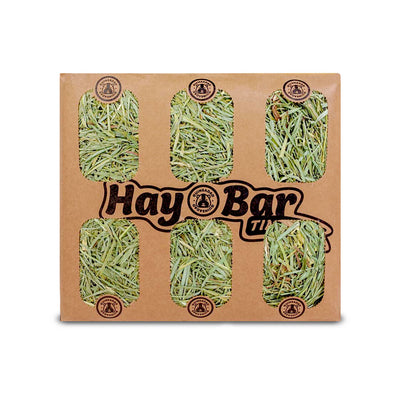
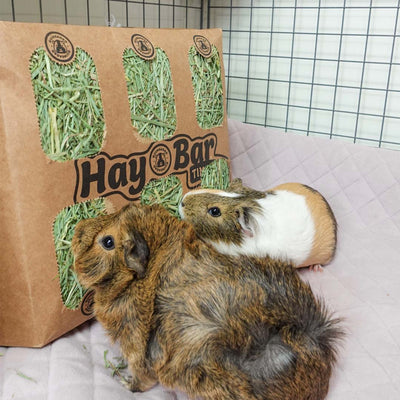
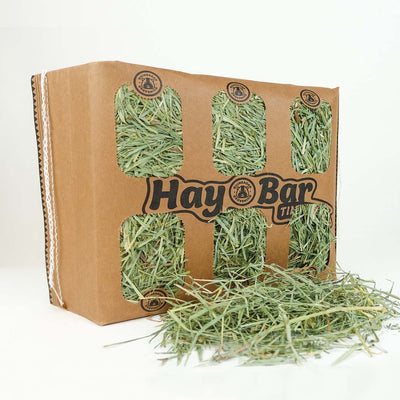


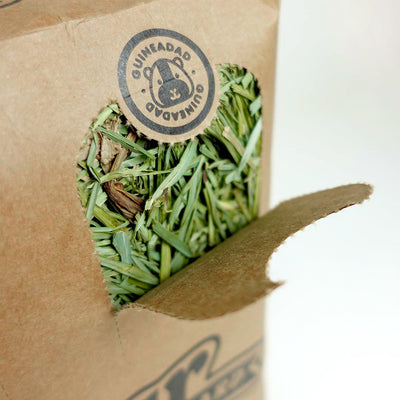
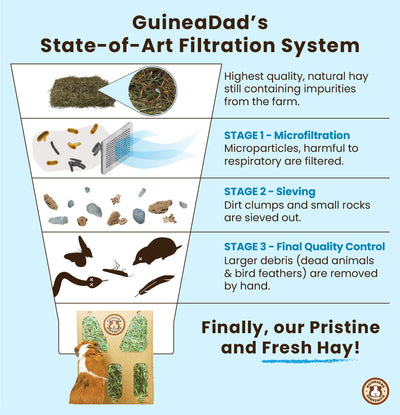
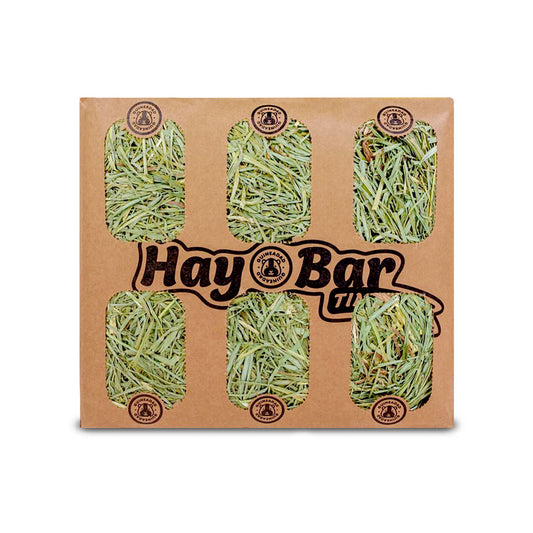
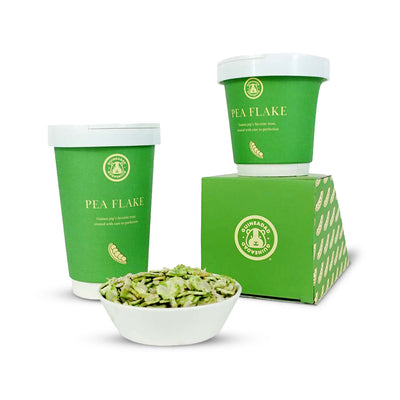
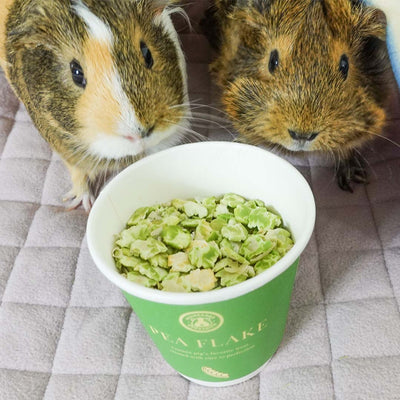
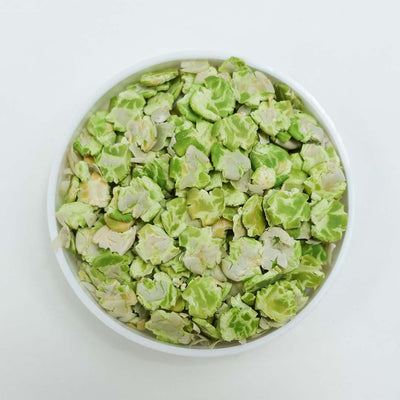
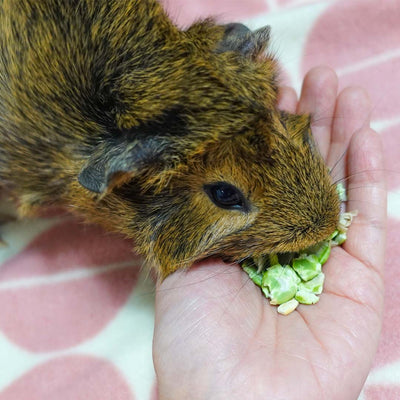
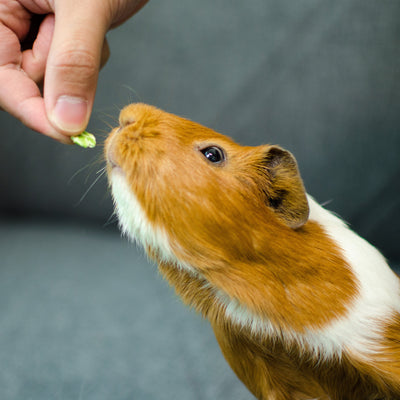
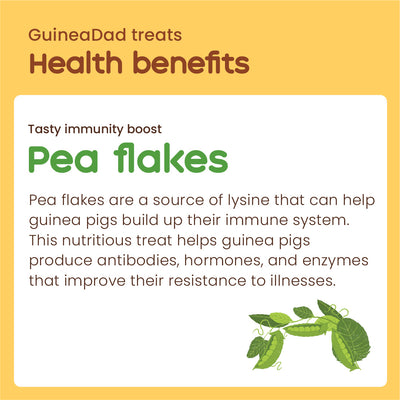
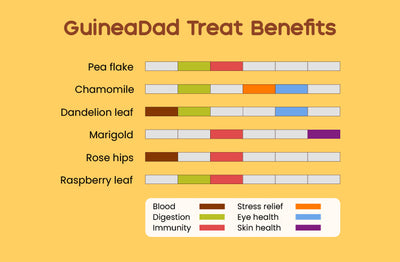
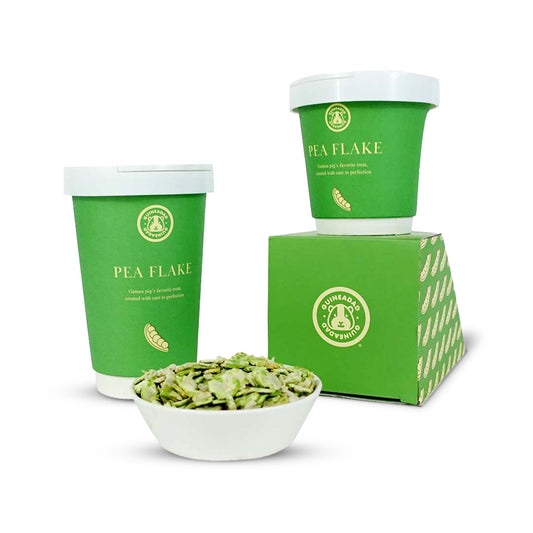
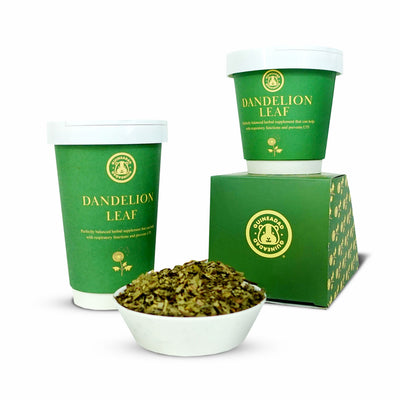
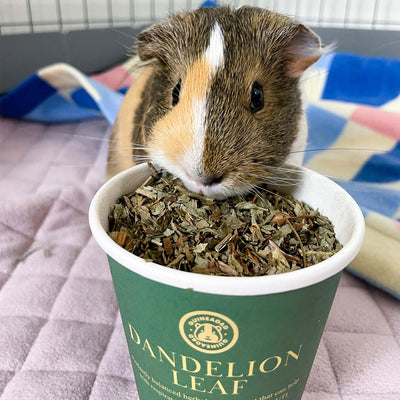
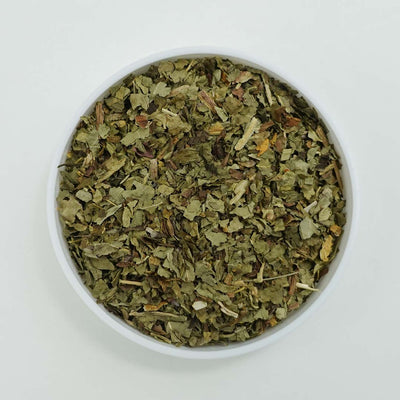
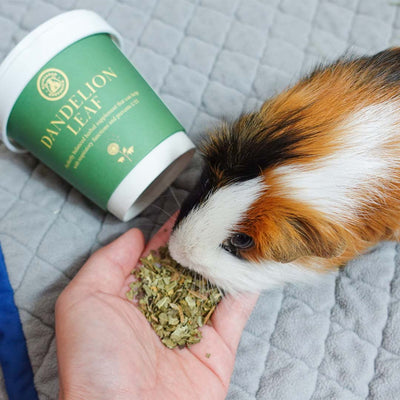

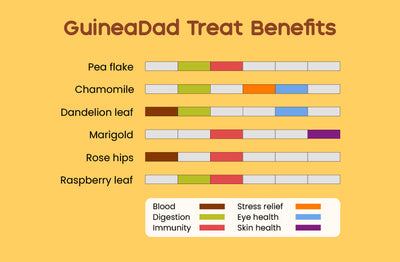
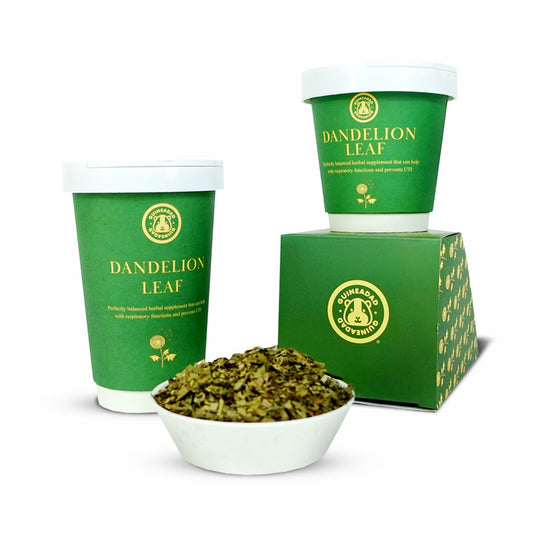






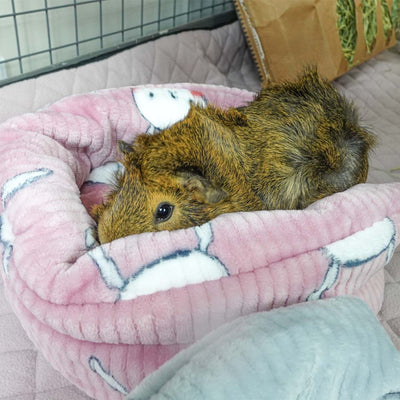






1 comment
This really helped me because i love my guinea pigs so much and i want whats best for them